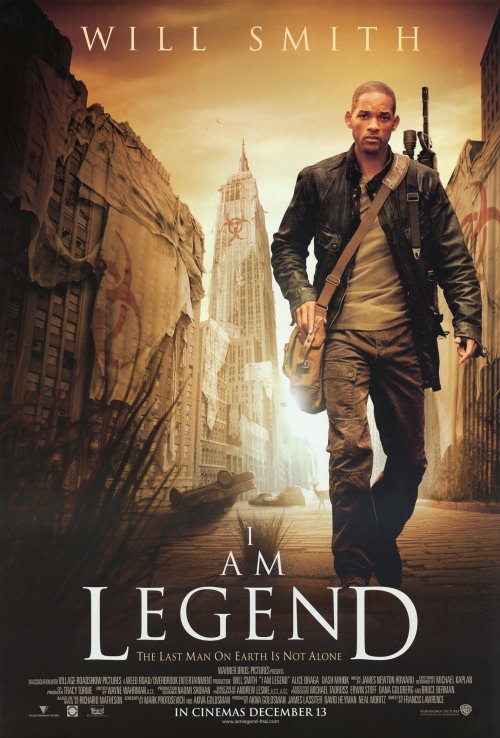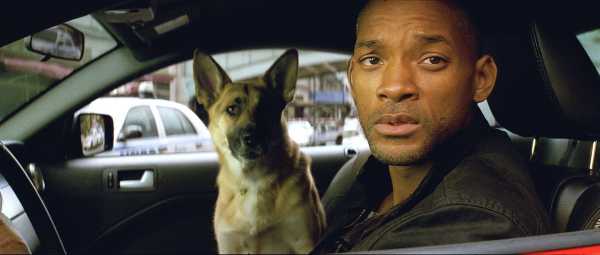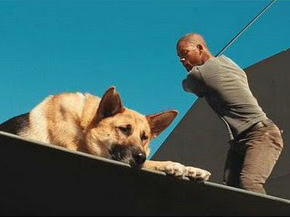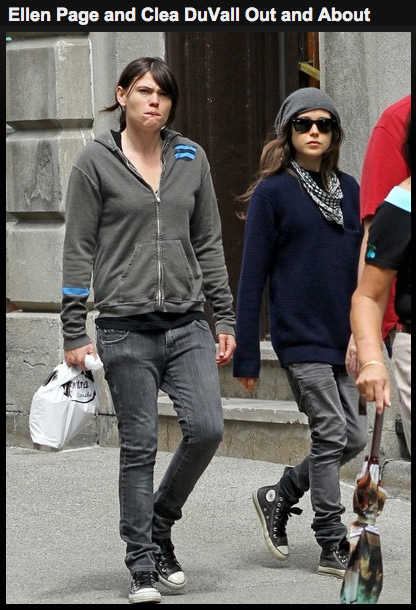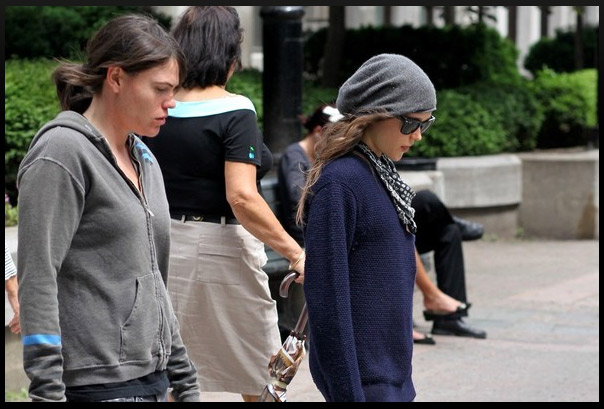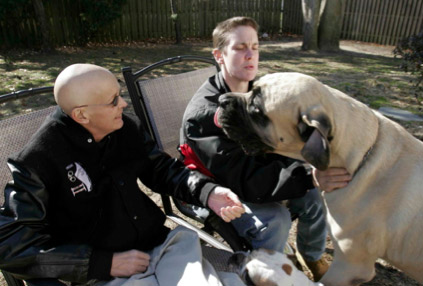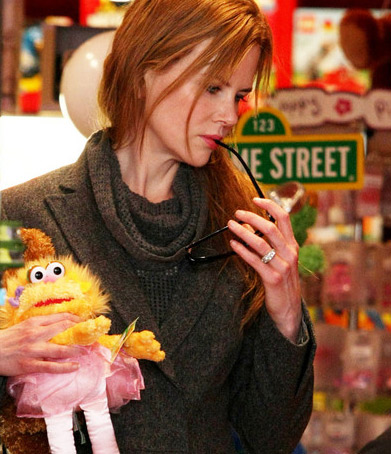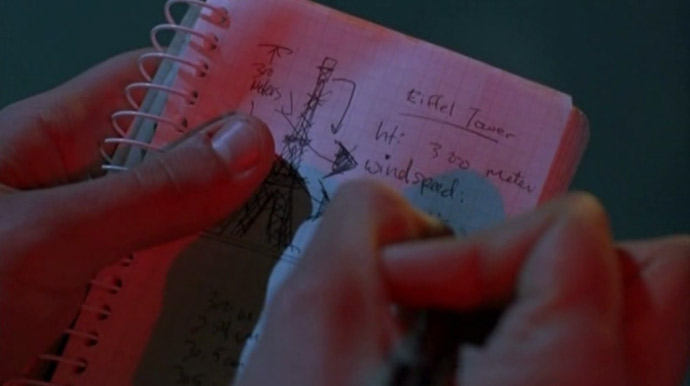O Canada, we stand on link for thee!
 Friday, July 1, 2011 at 6:32PM
Friday, July 1, 2011 at 6:32PM Pajiba celebrates the hottest Canadian celebrities for Canada day. I didn't even know that Iceman (Shawn Ashmore) and Helo (Tamhoh Penikett) were Canadian.
Movie|Line opts for "badass Canadians" like Carrie-Anne Moss and Nathan Fillion.
unexamined / essentials Lovely review of Woody Allen's Midnight in Paris. (I hadn't considered Gil's insomnia before.) Hey maybe when Woody is done with Rome he should continue his world tour in Canada. Maybe Montreal? Winnipeg?
Guardian a new book of private candids of Elizabeth Taylor and famous friends. Fun fact: Liz married Richard Burton (the first time at least) in Canada. The second time they were married in Botswona. Obviously.
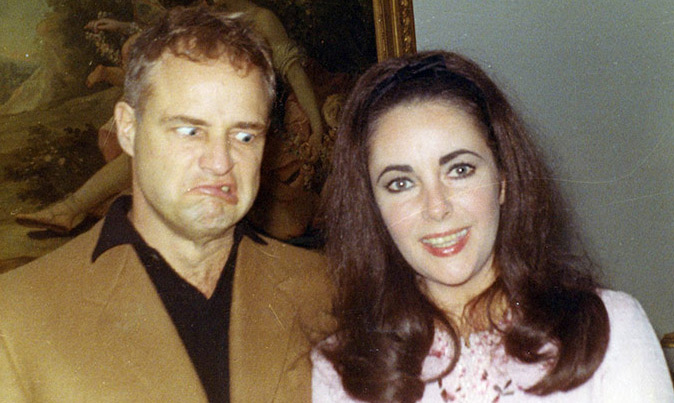 Brando & Liz, so candid its almost demystifying.
Brando & Liz, so candid its almost demystifying.
Rants of a Diva Halfway Report: best rentals, hot boys, best films, and more...
CHUD Why there's no sequel to Spike Lee's Inside Man and what might be next for him.
Awards Daily They're now calling The Invention of Hugo Cabret, "Hugo" only. Gah, DULL. Audiences are so dumb. Or Hollywood thinks they are. It amounts to the same thing.
Telegraph Whoa. Tim Robey kinda likes Transformers Dark of the Moon. I love this bit especially...
If you wonder why it had to take a spirit-taxing two and a half hours about this, it’s because Bay’s ego clearly considers it logically irrefutable that the longer one of his films is, the better it must be.
You can say the same, unfortunately, for many far greater auteurs. Length -- one might say dick-measuring --almost always comes with the territory of being a respected auteur, whether you're respected for your art or your money-generating craft... the same thing tends to happen.
My New Plaid Pants meanwhile JA fears he'll go see it this very weekend "like some sort of brain-damaged masochist." hee.
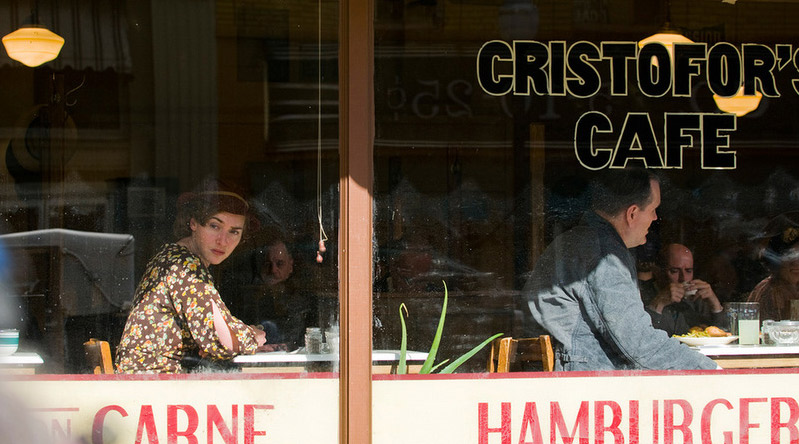
Finally, Clothes on Film has a fine piece on Kate Winslet's omnipresent floral housedress in Todd Haynes' remake of Mildred Pierce (which should be cleaning up in the Emmy nominations in a couple of weeks -- I'm most curious to see if/how many supporting actress nods it manages since I suspect Brian F. O'Byrne and Kate Winslet are givens). Ann Roth was the costume designer for that miniseries. You can see an interview with Ann Roth about her designing process (not a Mildred interview) here.



